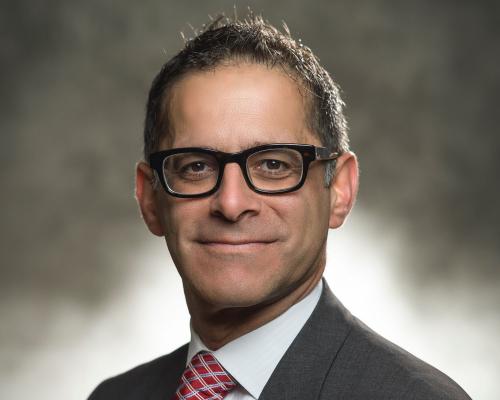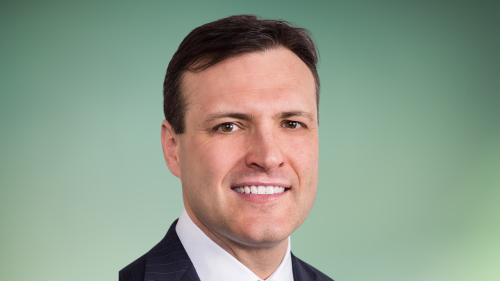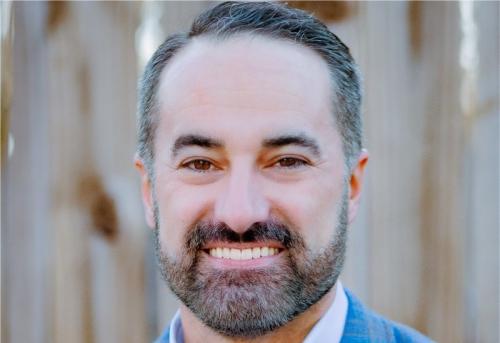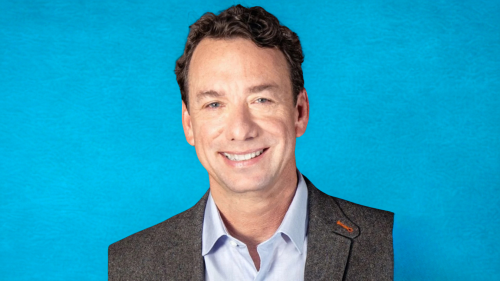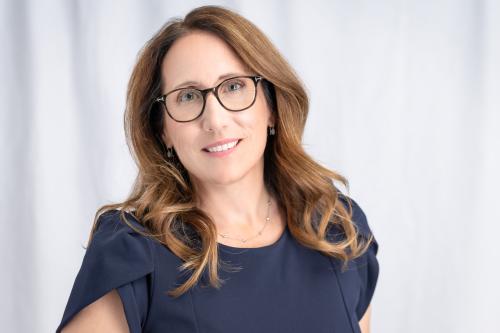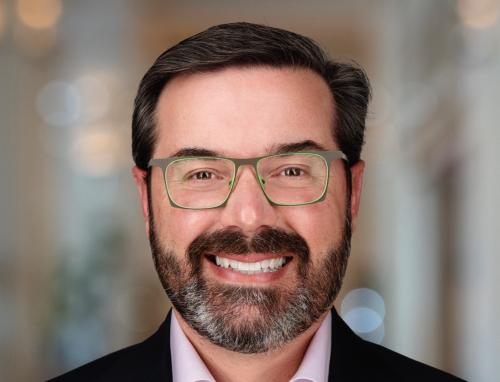CalPERS has appointed Marlene Timberlake D'Adamo as its first chief diversity, equity and inclusion officer (CDEIO). She had previously been holding dual roles as chief compliance officer (CCO) and interim CDEIO since June 2020.
Under the direction of CEO Marcie Frost, Timberlake D'Adamo 'will work across the enterprise and the investment office to foster a culture of equality, respect and inclusiveness,’ CalPERS says in a statement. She will also work with the ESG investment team to help identify and analyze emerging diversity, equity and inclusion (DEI) issues and opportunities for the CalPERS portfolio.
In addition, Timberlake D’Adamo will guide CalPERS’ DEI framework and employee diversity advisory council, and will work with its health program and contracting health plans to survey and measure outcomes and customer satisfaction using race, ethnicity and gender identity data.
Timberlake D’Adamo joined CalPERS in April 2016 as CCO in charge of the enterprise compliance division. She previously held leadership finance and compliance positions including being managing director and senior vice president for portfolio and risk management at PNC Bank.
‘CalPERS has a long-standing commitment to [DEI] and this new position will help us implement a system-wide approach to DEI efforts. We serve a diverse population of members and our workforce and operations should reflect the same,’ Frost says in a statement. ‘Marlene is a seasoned executive who is passionate about this work and thoughtful in her approach to developing our DEI framework presented to the CalPERS board in March.’
CalPERS is looking to find a successor to Timberlake D’Adamo as CCO.
The creation of the CDEIO position at CalPERS comes amid a growing focus on DEI issues by investors and companies following last year’s Black Lives Matter protests and the disproportionate impact of the Covid-19 pandemic on communities of color. Many CEOs have made statements of support and pledged millions of dollars in assistance, and this proxy season some investors have looked at how they might hold those CEOs and their companies accountable for their promises and progress on DEI.
The Sustainable Investments Institute reports that 28 shareholder proposals dealing with racial justice had been filed as of April 27, compared with a total of none across at least the previous nine years. The number of proposals asking firms to release EEO-1 reports, which include demographic workforce data, rose from 19 in 2020 to 52 this year (up to April 27).
Shareholders at a number of major companies have given significant – though not always majority – support for proposals regarding DEI. Of particular note have been a series of proposals asking boards to arrange for racial equity audits.
Most companies are aware they have to take diversity seriously, with many having recently hired DEI officers and planning new diversity and inclusion strategies, Samantha Burke, ESG analyst with Boston Trust Walden, told Corporate Secretary sister publication IR Magazine this spring. Smith added that diversity and inclusion officers are gaining greater status within companies.


